Leveraging Networks of Trust to Meet the Challenges of a Pandemic
Jul 10, 2020, 11:46 AM
With the advent of the coronavirus, students, faculty, researchers, and staff across campuses have been challenged in countless ways to radically change how their work is done and help serve the greater good.
It's safe to say that Big Ten universities are big operations with an almost countless number of moving pieces. With the advent of the coronavirus, students, faculty, researchers, and staff across campuses have been challenged in countless ways to radically change how their work is done and help serve the greater good.
Even with the daily, often hourly, changes needed to rise to these challenges, colleagues across the Big Ten have not retreated to solely focusing on their home campuses, and have, instead, reached across their BTAA peer networks to increase engagement and collaborative efforts to serve their shared missions.
Along with having a trusted network of peers to share problems and solutions, Big Ten Academic Alliance stakeholders are working together to:
Continue the Signature Academic Leadership Program: ALP is an intensive experience that seeks to develop the leadership and managerial skills of faculty who have demonstrated exceptional ability and academic promise. Many of the program's over 1,400 Fellows have gone on to serve with distinction as college presidents, provosts, and deans. With the cessation of in-person events due to the coronavirus, the Vice Provosts for Faculty Affairs and ALP staff collaborated to transition the program completely online for the upcoming year with a planned capstone in-person event in the summer of 2021.
Re-Imagine an On-Campus Research Experience: The Summer Research Opportunities Program (SROP) and Graduate School Exploration Fellowship (GSEF) bring students from across the country to Big Ten universities to work along researchers and scholars to get a taste of what it's like to attend graduate school in a STEM field. With the restrictions on travel and gatherings, these programs needed to pivot quickly to allow students to still engage with peer networks, researchers, and professional development opportunities. Program leaders have leveraged their long-standing relationships and hit the ground running to provide participants with a full portfolio of content and connections.
Ensure Students Have Resources: With the bookstacks closed and staff working from their homes, the libraries of the Big Ten Academic Alliance had to adjust quickly to continue supporting students and scholars with little or no access to the libraries’ books and journals or to the high quality equipment that digitizing items would require.To support distance learning, the libraries quickly shifted to finding alternate ways to serve and support their universities:
- Many of the schools continued to keep a limited number of staff in the libraries to support essential services, enabling libraries in less heavily affected areas to help serve those in harder-hit cities through scan-and-deliver services.
- Librarians quickly reassessed copyright restrictions and digital availability to make print items, like course reserves, legally available electronically.
- With more than 40,000 items on loan between Big Ten Academic Alliance libraries and shipping suspended, libraries extended due dates and suspended collecting late fees to allow users to leave campus with the materials they needed still in hand.
- Libraries reallocated funding to purchase access to more e-books and digital journals, and worked with publishers to gain temporary access to e-books when the library owned a print copy.
- Big Ten librarians helped the HathiTrust Digital Library create the Emergency Temporary Access Service, making digital copies of physical books available when the print is inaccessible.
- Archivists and digital preservation librarians began collecting and archiving institutions’ responses to the COVID-19 crisis, preserving digital graduation ceremonies, collecting oral histories, and documenting this historic event.
- Preservation librarians across the nation tested and shared information on disinfectant and decontamination protocols for books, paper, and other library materials.
